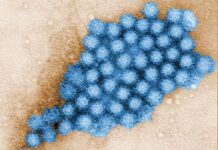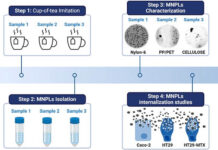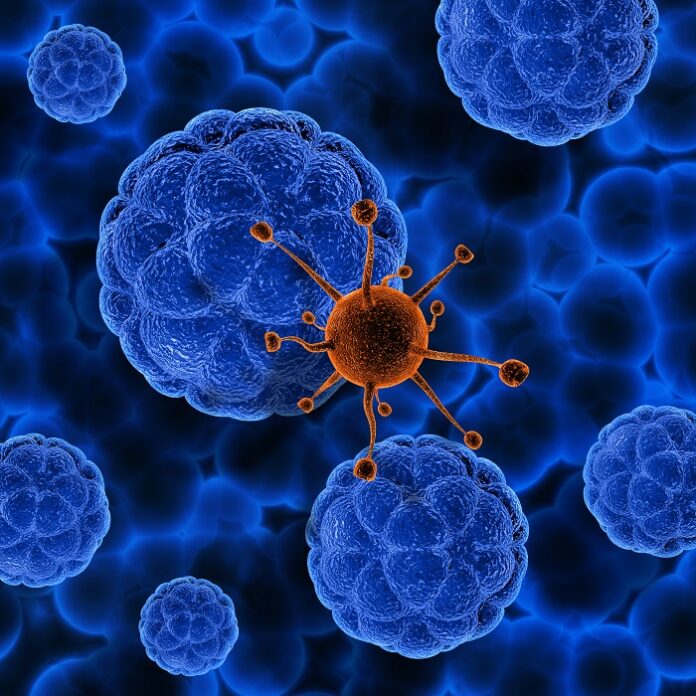Researchers have developed a novel cancer treatment approach using ultra-small magnetic nanoparticles (MNPs) in combination with a heat shock protein 90 inhibitor (HSP90i) at suboptimal doses, demonstrating effective results in magnetic hyperthermia-based cancer therapy. This innovative method has the potential to enhance treatment efficacy while reducing chemotherapy doses, offering a promising solution to minimize side effects.
As global cancer rates continue to rise, there is an increasing need for alternative therapies that overcome the limitations of traditional treatments like chemotherapy and surgery, which often lead to drug resistance and severe side effects. Nanotherapy, which offers fewer side effects, is emerging as a promising solution.
A research team from the Institute of Nano Science and Technology (INST), Mohali, an autonomous institute under the Department of Science and Technology, has shown that combining magnetic hyperthermia cancer therapy (MHCT) with the HSP90 inhibitor 17-DMAG can significantly improve the effectiveness of heat-based cancer treatments.
In animal models, intra-tumoral injections of this combination therapy resulted in substantial glioma cell death in a rat glioma model, with tumour inhibition rates of 65% at the primary tumour site and 53% at the secondary site within just eight days.
Published in *ACS Nano*, this less invasive technique causes fewer side effects than traditional therapies. The research demonstrated that MNPs, when exposed to an alternating magnetic field (AMF), can effectively destroy tumours. This dual approach of magnetic hyperthermia and chemotherapy (MHCT) reduces the amount of chemotherapy needed, making the treatment both safer and more effective. Additionally, it targets distant tumours without requiring additional doses at secondary tumour sites, making it a highly efficient treatment option.
While further global research is needed to bring this therapy to clinical application, the study paves the way for more effective and tolerable cancer treatments. It also introduces new possibilities for hyperthermia-based therapies, offering substantial benefits to millions of patients.
As reported in expresshealthcare.in, the research team, led by Dr. Deepika Sharma, focused on inhibiting HSP90, a gene activated in response to heat stress. By using 17-DMAG to block HSP90, the team aimed to reduce cancer cells’ ability to repair heat-induced damage, leading to enhanced tumour cell death.
Their work involved developing ultra-small magnetic nanoparticles with superior heat generation capabilities and optimizing the delivery of the HSP90 inhibitor.
One of the key advantages of this treatment is its potential to stimulate the immune system, boosting the body’s natural defenses against cancer. By also addressing the issue of drug resistance, a common challenge in cancer therapy, this innovative approach opens new possibilities in the fight against cancer.
The researchers further hypothesize that the treatment may activate an immune response through cytokine secretion, amplifying its anti-tumour effects.
























